Remember when you spent two hours on that spreadsheet and finally got it to work? Or solved a complex engineering problem. Perhaps you tried a new counselling technique that worked beautifully or finally got the app to do what you wanted.
Using our skills provides us with a real sense of achievement and satisfaction. We spend years, decades even, building and practising our skills and seeing the fruits of all that learning gives us a real buzz. The feeling is even sweeter when we push our skills to the edge of what we thought was possible.
Having skills and using them is central to what is to be human.
Take Lego for example. In a study on motivation conducted by Dan Ariely, a group of people were given the task to build a reasonably sophisticated Lego model. Once they finished building the model, it was stored under the table, to be disassembled at the end of the experiment. The group were then given their next model to complete. The experiment was repeated with another group except for one critical difference. When the first Lego model was finished, it wasn’t stored to be disassembled later, rather it was immediately disassembled in front of the group. They were then given their next model to build.
The second group suffered an alarming drop in motivation. In turns out that not only are we motivated by using our skills, we also derive a sense of meaning when those skills result in something useful. In other words, when we feel we have made a contribution.
This sense of contribution is an important part of our sense of who we are. The doctor who sees themselves as helping remove pain for people. The shop assistant who helps people feel good by choosing the right clothes. The barista who knows that the best days start with a perfect coffee.
What we do is important. This raises two challenges. First, what should we do in the first place? Second, how can we continue to contribute when the context of our career changes around us so rapidly that our skills may be out of date?
What should I do?
The entire career counselling field emerged to help people answer this question. Over a century ago, in 1909, Frank Parsons wrote a seminal paper called "Choosing a Vocation" in which he described a simple three step process:
- Know what you are good at
- Know what the market needs
- Make a logical connection between the first two
While the world is far more complex than it was at the start of the 20th century, it remains that knowing what you are good at and, importantly, what you enjoy doing is a critical part of career exploration.
Human + Technical Skills
Overwhelmingly, when asked about the skills required for the future, people respond with Human Skills such as adaptability, innovation, problem solving, empathy, cross-cultural communication. We've asked this question to thousands of professionals in more than a hundred workshops and the answers are the same. Human Skills are the future.
And yet, where do we spend most of our development time? Learning technical skills. Of course, keeping up to date in the latest thinking and application of your profession is important - in fact it’s a given - but it’s not enough. It is certainly easier to learn a new technical skill than, say, increasing your reflexivity or empathy. The dominant narrative in society is about learning technical skills: you finish school then go to TAFE or university to study technical skills because these are connected to particular jobs. The narrative continues when we look at position descriptions and job advertisements which focus heavily on having particular skills with x number of years using that skill.
What we know is important, but our contribution lies in how we go about our work, that is, our human skills.
m-shaped replaces T-shaped careers
Knowledge obsolescence is a real fear. We read about the half-life of skills shortening and robots replacing jobs. No one argues that the workplace is rapidly changing and that we need to keep our skills current else we risk them becoming outdated. But how do we do so when the sheer volume of knowledge being produced every day is exponential and there are new ways of learning beyond the traditional formal study?
Let’s start with an age old question: it is better to be a specialist or a generalist? The concept of a T-Shaped career was first suggested by David Guest now from Kings College London, with the vertical bar of the T representing deep specialist expertise and the top bar of the T representing generalist skills and the ability to work across different disciplines.
Article: Trevor-Roberts Event with Professor David Guest: The (organisational) career is not dead
The problem with the T-shaped career in today's world is that the rate of knowledge growth is exponential. This means that the knowledge you have now is likely to be out of date much sooner than you think. There is also a very real risk that your specialist knowledge base will become irrelevant. Remember Fortran? MS-DOS?
Today, careers are m-shaped. The down strokes on the 'm' represent bodies of knowledge that we have expertise in. They are not as deep as in the past and we need expertise in more than one area. If you are in IT perhaps you know java programming but also project management and customer experience. If you are nurse, perhaps you also have expertise in the Hospital Management System and risk governance.
Having multiple areas of expertise allows you to seize a wider range of opportunities than if you only had one domain of expertise. The more opportunities that come your way, the more secure your career and the more you learn.
The curved arches at the top part of the 'm' represent the human skills that allow you to apply your domain expertise. These include problem solving, empathy, innovation, cross-cultural communication, adaptability, decision making to name a few. These represent how you go about doing what (expertise) you do.
Think honestly about your professional development or the training spend of your company - how much time and money is spent on technical training vs developing human skills?
The m-shaped career is here to stay for a while, and we need to focus on developing the human skills.
Learning as micro-cycles
To keep making a contribution in our career we need to keep learning. Our career was once structured as a period of intense learning such as vocational education or university after school, then a long period of work and (maybe) another stint back at university for an MBA.
Learning is a continuous process. Tim Hall from Boston University describes our career as 'Learning Cycles' consisting of four stages of: exploration; trialling; establishment; and mastery. However, rather than our career being just one cycle, we constantly go through mini-cycles of learning.
We are fortunate to have access to learn just about anything we want. There are countless free MOOCs, online courses, skill shares and books where we can learn. The question we need to ponder is what to learn next and then how to best learn it.
Learning Mode: The one thing you may be missing
Why is it that about $350b is spent globally each year on leadership development and yet we still have poor leaders? According to UNSW Professor Peter Heslin and his colleagues, the thing that is missing - and the key to a sustainable career - is being in a learning mode. This occurs when people hold a learning mindset as they cycle intentionally through the experiential learning phases. We don't automatically learn from our experiences. Every experience is a learning opportunity but we have to actively make it so – if you go to your next leadership development course thinking that it will be a waste of time, likely it will be. However, if we are in a learning mode then we are intentionally learning and are aware of this learning.
First, start with the question what are you going to learn? Actively shifting into a learning orientation allows us to see the experience we are about to have as something we can learn from.
Second, actively experiment and seek feedback throughout the experience. Try different things. Tweak as you go.
Third, reflect on what happened. Have a conversation with someone about the experience. Tell the story of what happened and what could have happened.
Your Contribution Matters
The earliest career advice I was ever given was "do your job well". It rings true even today.
Do what you do as well as you can.
If you do this across your lifespan, your contribution will become your legacy.
READ MORE ARTICLES FROM THE MEANINGFUL CAREERS SERIES HERE
Reading
Hall, T., (2002), Careers in and out of organizations, Thousand Oaks: Sage Publications
Heslin, P.S., Keating, L.A., and Ashford, S.J., (2019) Journal of Vocational Behavior, https://doi.org/10.1016/j.jvb.2019.103324
Parsons, F., (1909), Choosing a vocation, Boston: Houghton Mifflin
%20-%20Copy%20(2).jpg)
Edwin is the CEO of Trevor-Roberts and has spent the last 2 decades exploring how people find meaning through their work. He is also Chair of the Advisory board at the Centre for Work, Organisation, and Wellbeing at Griffith University.










